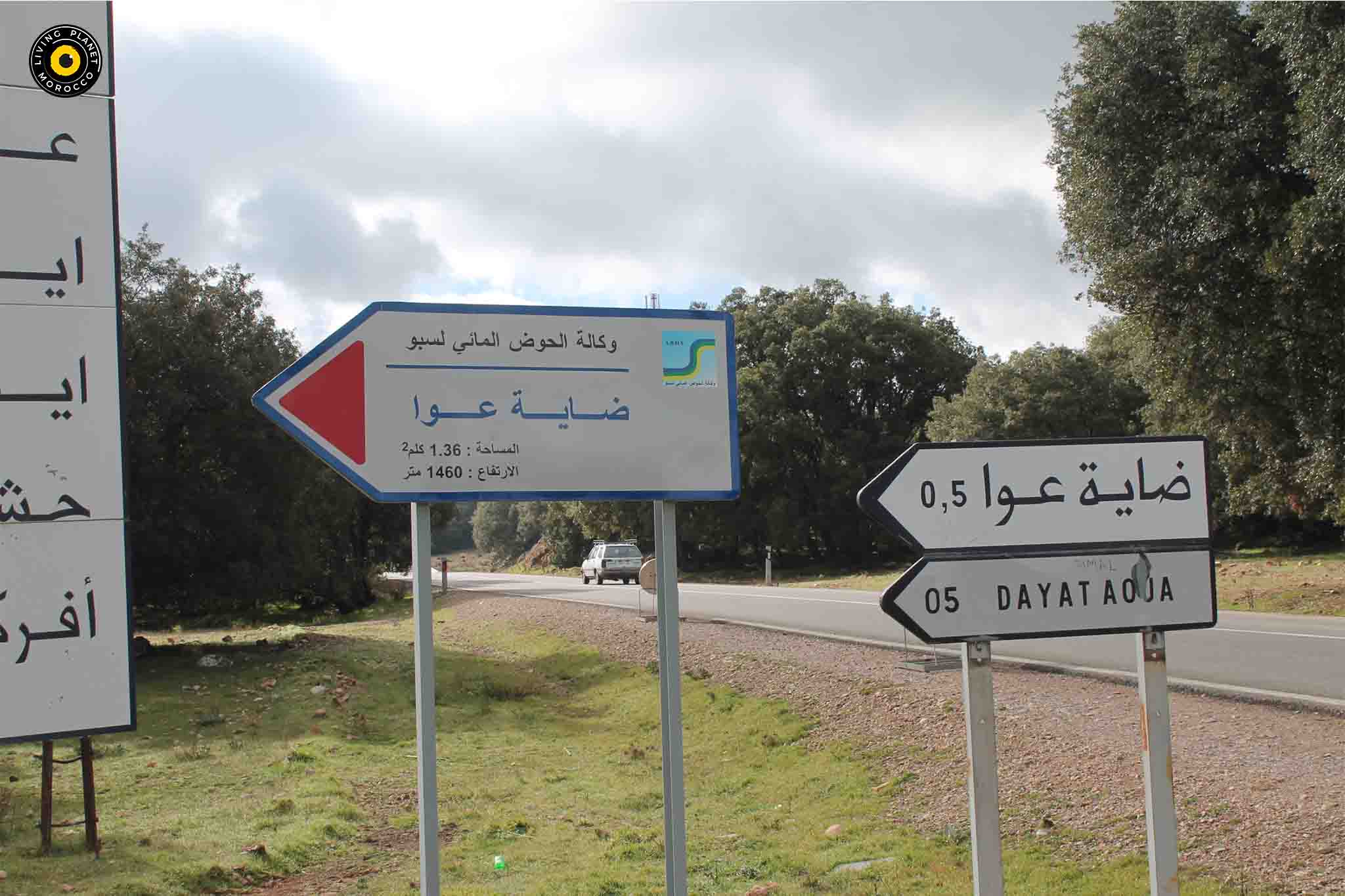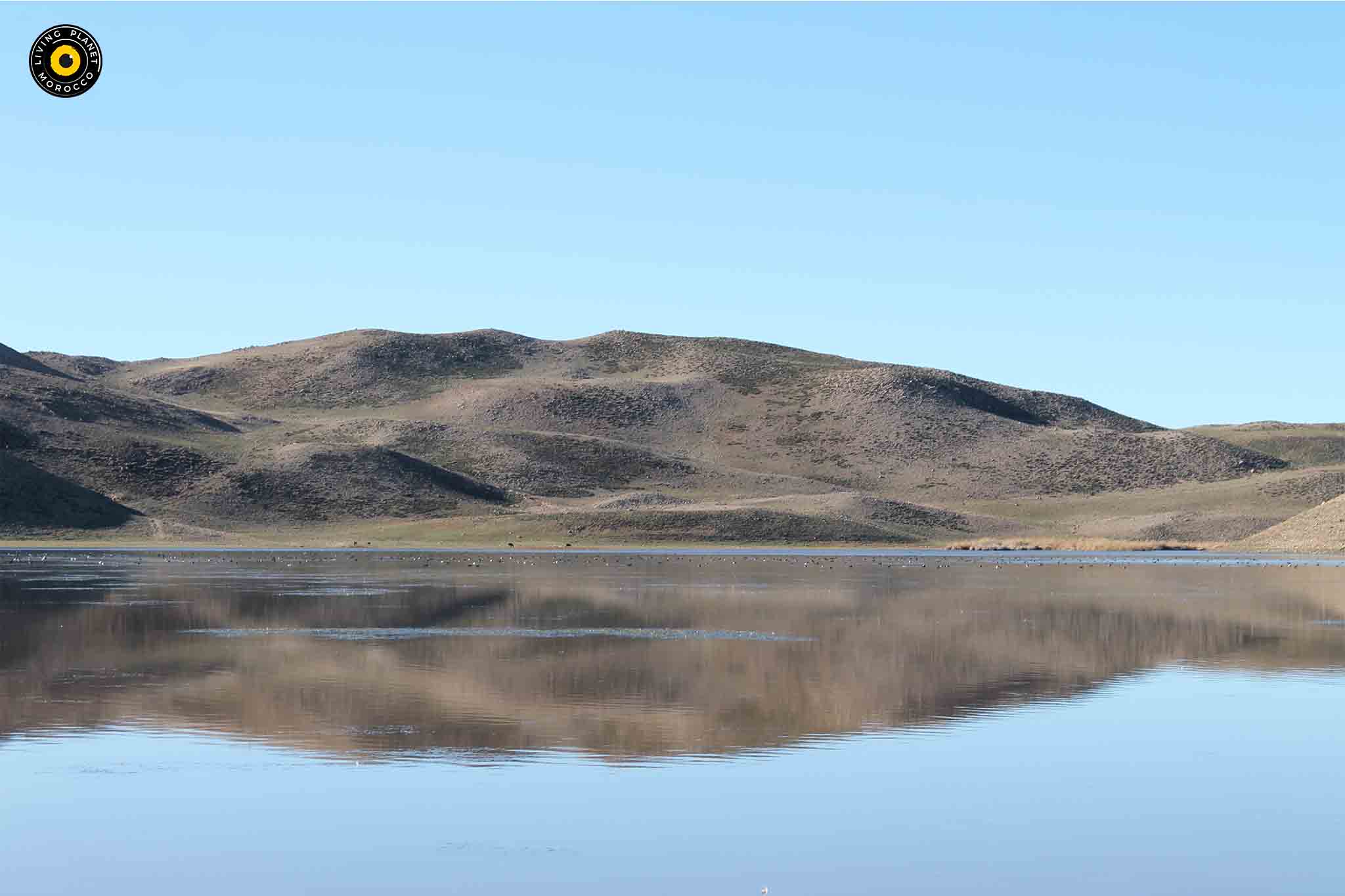The Ramsar Convention on Wetlands, named after the city of Ramsar in Iran where it was signed in 1971, is an international treaty designed as a framework for the conservation and wise use of wetlands and their resources. Morocco ratified the convention in 1980 and has since designated 38 wetlands as Ramsar Sites, 34 of which have been a collaborative effort between the Department of Water and Forests, WWF, Living Planet Morocco (LPM), and experts from the Scientific Institute of Rabat and GREPOM Birdlife Morocco.
In addition, LPM supported the city of Ifrane in obtaining the Wetland City Accreditation from the Ramsar Convention. This accreditation encourages cities near or dependent on internationally significant wetlands or those with different conservation statuses to foster a positive relationship with these ecosystems. This includes increased public participation and awareness and careful consideration of wetlands in municipal planning and decision-making.
As Morocco continues to enhance its commitment to wetland conservation, several new developments have taken place, including the designation of additional Ramsar Sites and enhanced protection measures for these vital ecosystems. Efforts have been focused on ensuring the sustainable management of water resources, preserving biodiversity, and maintaining ecological functions of wetlands across the country.
Here is a timeline highlighting the key milestones in Morocco’s journey with Ramsar:
- October 1980: Morocco officially joins the Ramsar Convention, designating its first four sites.
- January 2005: Twenty new sites are added to Morocco’s designated sites.
- 2015 – 2024 Water and Forests Department Strategy: Aims to designate 30 new sites, increasing the total to 54 by 2024.
- February 2017: A memorandum of understanding (MoU) is signed between the Department of Water and Forests, LPM, and WWF North Africa to support the designation of 15 new Ramsar Sites.
- February 2018: Two new sites are added.
- May 2019: Twelve new sites are designated.
Morocco’s active participation in the Ramsar Convention and its ongoing initiatives reflect a deep commitment to environmental stewardship and sustainable development. By advancing wetland conservation, Morocco sets a precedent in the MENA region for balancing ecological preservation with human needs and development goals. The Ramsar Convention represents a crucial element of Morocco’s wetlands strategy, emphasizing the importance of these ecosystems not only for biodiversity but also for the well-being of communities. As Morocco moves towards achieving its goal of increasing the number of Ramsar Sites by 2024, it reaffirms its dedication to global environmental initiatives and the conservation of precious water resources and ecosystems.






